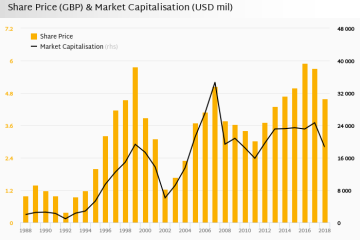The Impact of Jamie Hepburn on Scottish Politics

Introduction
Jamie Hepburn, a notable figure within the Scottish Labour Party, serves as an example of resilience and dedication in the political arena. Elected as the Member of the Scottish Parliament (MSP) for the Central Scotland region since 2011, Hepburn’s career reflects broader themes of representation and commitment to social justice in Scotland. His work is particularly relevant today as Scotland faces numerous challenges, including economic recovery post-Brexit and ongoing debates about autonomy and governance.
Political Career and Contributions
Hepburn’s political journey began when he joined the Labour Party at a young age. Since his election, he has held several key positions, including Minister for Employability and Training. In this role, he championed policies aimed at improving job opportunities and skills training for Scots. His advocacy for sustainable employment has earned him respect across different political factions, highlighting his collaborative approach to addressing Scotland’s economic issues.
More recently, Hepburn has been vocal about the importance of mental health services and the need for increased investment in public health post-pandemic. His work on mental health legislation illustrates his commitment to ensuring that vulnerable populations receive the support they need. This advocacy has led to cross-party initiatives aimed at improving mental health provisions throughout Scotland.
Recent Developments
In recent months, Hepburn has been involved in discussions surrounding the future of Scottish Labour under the leadership of Anas Sarwar. As one of the party’s more influential voices, Hepburn has pushed for a renewed focus on grassroots engagement and community issues. His proactive stance has resonated with constituents, many of whom seek to see their concerns represented at the legislative level.
Following the 2021 elections, Hepburn has continued to adapt to the changing political landscape, with increased calls for transparency and accountability within government. His public engagement efforts, including community forums and social media interactions, have strengthened his connection with the electorate.
Conclusion
Jamie Hepburn’s journey in Scottish politics exemplifies the values of dedication, community service, and progressive change. As he continues to advocate for the people of Scotland, his influence is likely to grow, especially in light of upcoming elections and the evolving political climate. For readers interested in the dynamic nature of Scottish politics, Hepburn’s career offers a compelling case study of effectiveness and resilience in governance.









